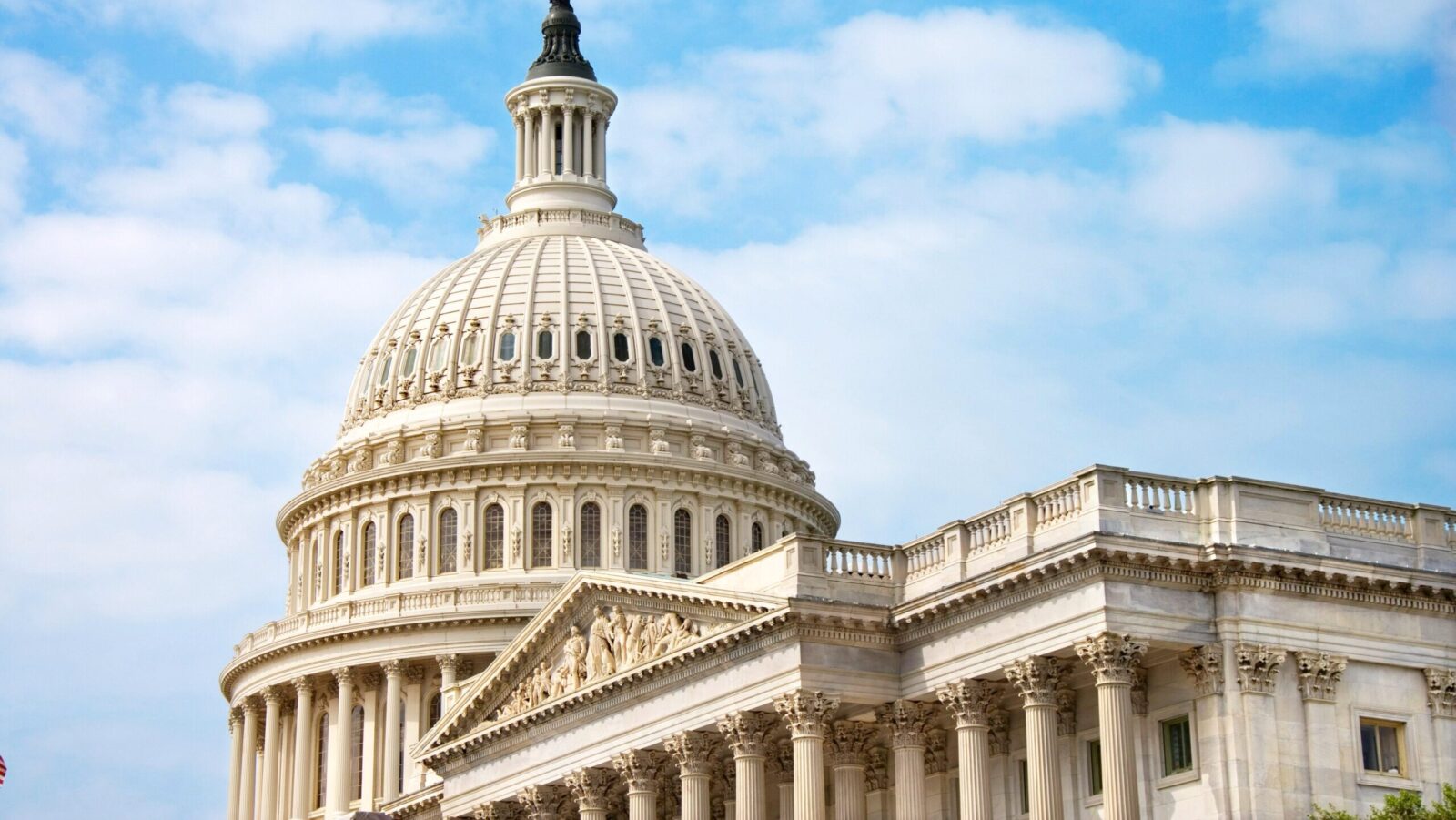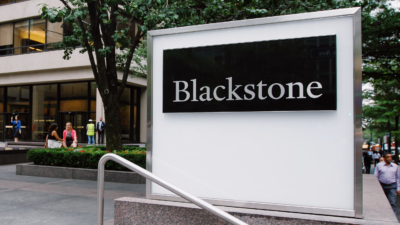BlackRock’s CEO Says the US Retirement System is Archaic
Larry Fink said that retirement is a “much tougher proposition” than it was 30 years ago.

Sign up for smart news, insights, and analysis on the biggest financial stories of the day.
In his annual letter to shareholders, BlackRock CEO Larry Fink highlighted a slight problem with many Americans’ retirement savings: There aren’t any.
The chairman of the world’s largest asset manager called on governments and corporations to provide better financial protections for people exiting the workforce.
Accounts Run Dry
In a 2023 survey from Payroll.org, 78% of Americans reported that they were living paycheck to paycheck, a 6% increase from the previous year. And if having money is tough now, imagine what it will be like when you’re older and no longer working a 9-to-5. That’s what prompted Fink to call retirement one of the mid-21st century’s biggest economic challenges, citing a Census Bureau survey that found nearly half of Americans between 55 and 65 have no savings in personal retirement accounts.
“[Retirement] is a much harder proposition than it was 30 years ago,” Fink said in his letter. “And it’ll be a much harder proposition 30 years from now.”
The billionaire said there’s plenty of money to be had on capital markets, but workers are going to need some serious help from the government and their employers if they ever want to see it:
- Fink said businesses should feel obligated to offer their employees matching 401(k) contributions and financial education. Companies should also make it easier for workers to transfer 401(k)’s when they find a new job.
- Fink said the country should do everything possible to make investing automatic and praised legislation that had been passed to mitigate savings woes. For example, plenty of states have retirement systems for gig and part-time workers, and next year, the federal government will require employers with 401(k) plans to auto-enroll new workers.
How Old is Old Enough? When the Social Security Act was passed in the 1930s, the retirement age was set at 65 years old. But life expectancy then was only 58, so any money coming your way had a good chance of going to your next of kin. Lengthier twilight years have the potential to bleed Social Security coffers. By 2034, retirees and the disabled might receive only 80% of their benefits with each payment. Fink didn’t explicitly say “raise the age,” but he did ask “When people are regularly living past 90, what should the average retirement age be?”











